Claims denied for timely filing remain a major challenge for medical billers. Each insurance carrier follows their own guidelines on what constitutes filing claims in a timely fashion.
Some insurers require claim submissions within 30 days and others allow up to two years. To cut your chances for these claim denials, follow their guidelines.
Reasons for Claim Denials
Multiple factors can contribute to submissions that end up as claims denied for timely filing. For example, insurance carriers sometimes report not receiving claims, even following timely submission. How the biller responds to these denials remains important.
In addition, initial mistakes on claims can cause enough of a delay that they also get denied for timely filing. A variety of factors can produce incorrect information on a claim, including a simple typo, the wrong insurance card presented by the patient at the point of care, or an incorrect transfer of patient information by the person in your office responsible for the medical billing and coding. Lots of things can go wrong.
On the plus side, you can still get paid for your services denied for timely filing. However, you need to know how to handle these claims effectively. Work out a strategy for handling claim denials for timely filing and just follow your protocol every time you encounter this problem.
Handling Timely Filing Claim Denials
Let’s say you send in a claim within the proper time frame. Then the claim returns denied because of an incorrect ID#, the misspelling of a patient’s name, submission to the wrong insurer or some other vexing reason. Your biller fixes the claim, resubmits with the correct information, and the claim returns once again, this time denied for timely filing.
Next you must appeal the denial.
Some carriers require special forms and others do not. Regardless, you should attach a copy of the claim and your proof of timely filing. Your proof should clearly show the dates for initial and later submissions. For example, produce a report for claims submitted and denied electronically. The report should show the initially incorrect information and the steps your medical biller took to correct the claim.
Even with paper-based claims, most practice management systems allow providers to generate a report with a timeline showing the original submission and subsequent filing dates for the claims in question.
In any case, insurers require electronically generated reports. In other words, they will not accept a handwritten note stating, “We submitted the claim on 1/1/2015.” In general, insurance carriers accept as proof reports generated from practice management systems because they cannot be altered.
Appealing Timely Filing Denials
Claims simply submitted too late and appropriately denied for timely filing can be more challenging to appeal. However, if a valid reason resulted in the delay, you can still attempt an appeal. For instance, a patient who initially reports no medical insurance at the time of treatment later discovers he or she did, in fact, have coverage. Submitting a claim for insurance reimbursement past the typical timeframe in this case might be justified.
To counter a denial in this case, write a letter detailing what happened, including why the patient changed their mind about insurance coverage. You might not win the appeal in every case, but it’s worthwhile to try.
Despite the many and considerable challenges that can hinder the timely filing of claims, it’s important to always work toward filing claims as quickly and timely as possible.
With good systems in place, you will be able to appeal them quickly and efficiently and increase the likelihood of eventually getting paid for your services.

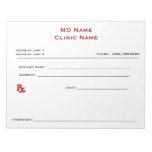
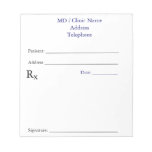
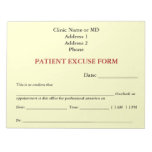
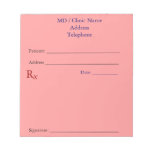
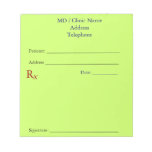
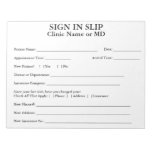
No comments:
Post a Comment